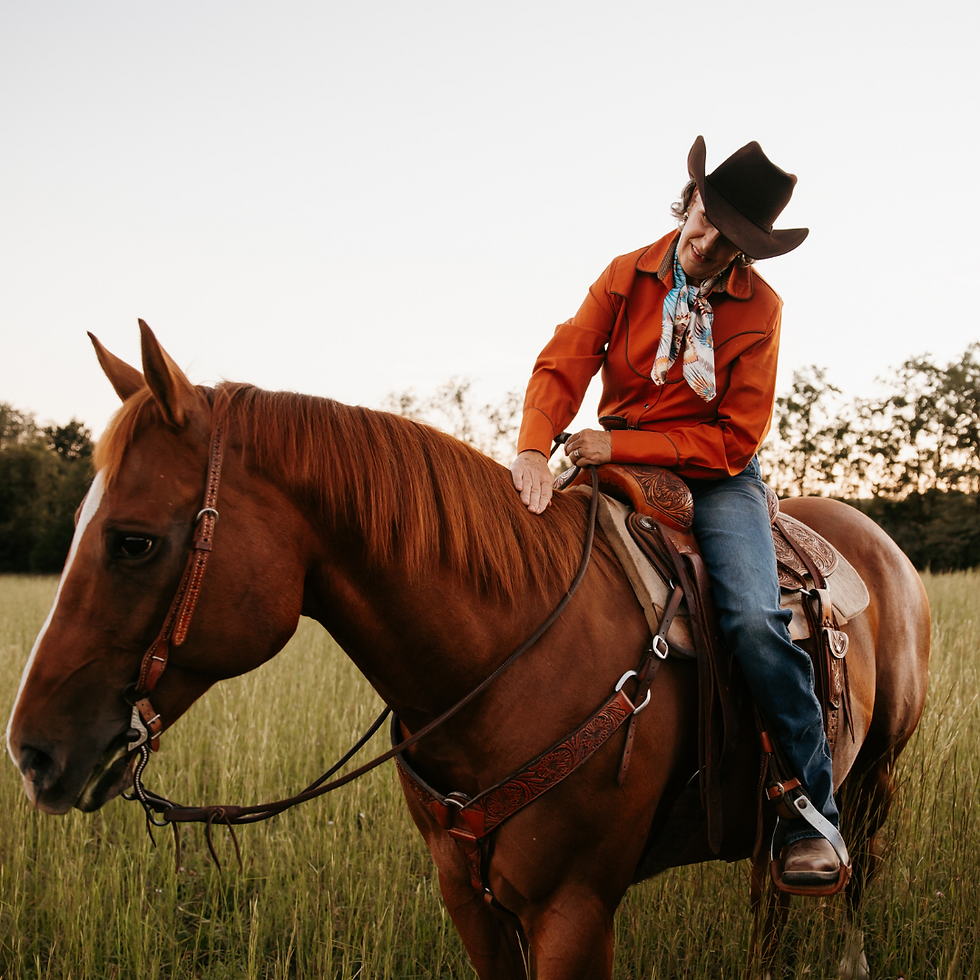Laminitis in Horses: Signs to Look for and How to Help
- Silver Lining Herbs

- May 23, 2024
- 3 min read
If you’ve spent time around horses, you may be familiar with laminitis. You might have heard about horses developing this condition or may have seen its effects first-hand. Laminitis can impact the hoof of the horse and the tissue known as the laminae.
While the condition primarily impacts the hoof, it can potentially have a larger impact on the horse’s overall well-being. It all comes down to the severity of the condition and how you address it.
There are plenty of variables when it comes to laminitis, from exact causes to what you can do to help your horse. It may come down to identifying the warning signs early or exploring horse supplements made to help support hoof and laminae health.
What Are Laminae?
The laminae are soft tissue beneath the hoof wall. This layer of tissue bonds the hoof to the bone underneath. There are also two forms of laminae—the dermal lamina (also called sensitive lamina) and epidermal lamina (also called insensitive lamina).
The laminae are often referred to as “finger-like” due to having an appearance similar to that of thin fingers. The two forms of laminae adhere to one another and can form a strong, interlocking bond between the hoof wall and the underlying coffin bone.
The coffin bone is the lowest-positioned bone within the horse’s foot and helps support the overall structure of the hoof. The coffin bone, along with surrounding tissue, supports a lot of weight and pressure as the horse moves throughout the day.
A Closer Look at Laminitis
Laminitis—or you may have even heard this condition referred to as “founder”—can occur when the laminae become inflamed. Inflammation is caused by a number of factors. This is problematic because, when inflammation sets in, it can lead to a weakening of the laminae.
When the laminae become weaker, it can be harder for a horse to rely on their hooves and hoof structure to bear their weight. Early signs of laminitis might be invisible externally. Instead, you may notice a change in your horse’s behavior that can alert you to feelings of discomfort they’re experiencing.
The horse may be hesitant or unwilling to bear much weight on the affected hoof. The horse may stand in a certain way to reduce weight on the hoof. They may start to lay down more frequently. If the inflammation progresses, the horse may even refuse to stand at all.
Laminitis can be painful. When the laminae are inflamed, the hoof may feel hot to the touch. Touching an inflamed hoof may even result in recoil from the horse. Other signs of discomfort can include rapid heart rate, rapid breathing, and sweating.
What You Can Do
Addressing laminitis can start with preventative measures. This can include adding a hoof or laminae care supplement to their diet. You can also turn your attention to their diet, itself—especially as you transition into the spring season.
One possible cause of inflammation, including inflammation of the laminae, may be increased sugar intake. As spring and summer approach, grasses can grow at a rapid pace. During this growth phase, certain grasses may have higher sugar levels.
As horse’s diets change in the spring, they may eat more of these types of grass. As they become more active, they may eat more overall. Overeating can also lead to inflammation. It may be beneficial to temper their grass intake if this becomes a concern.
You can also support your horse’s digestion. In addition to hoof and laminae-supportive supplements, spring is also a good time to add gut-supportive supplements and horse probiotics to the mix. A supported gut may lead to improved digestion, which can have a positive impact on their overall health and wellness.
The bottom line is, if you suspect your horse has developed laminitis, consult with your veterinarian. They can diagnose the condition and discuss next steps.
About Silver Lining Herbs
Harness the power of nature with Silver Lining Herbs. They’re known for their impressive lineup of herbal horse, dog, and human supplements. Every supplement starts with potent, natural ingredients, like dandelion, garlic, and slippery elm, to name a few. You can explore real herbal ingredients across their entire selection of products, including horse dewormers, thyroid supplements for dogs, and digestive support for you. Silver Lining Herbs knows how much your animals mean to you. You can find everything you need to keep your horses and dogs feeling their best so they can live their lives to the fullest. Plus, you’re sure to find supplements you love, too, so you can enjoy all those special moments with them.
Find natural supplements made for hoof and laminae care at https://www.silverliningherbs.com/
Original Source: https://bit.ly/44VWZH3




Comments